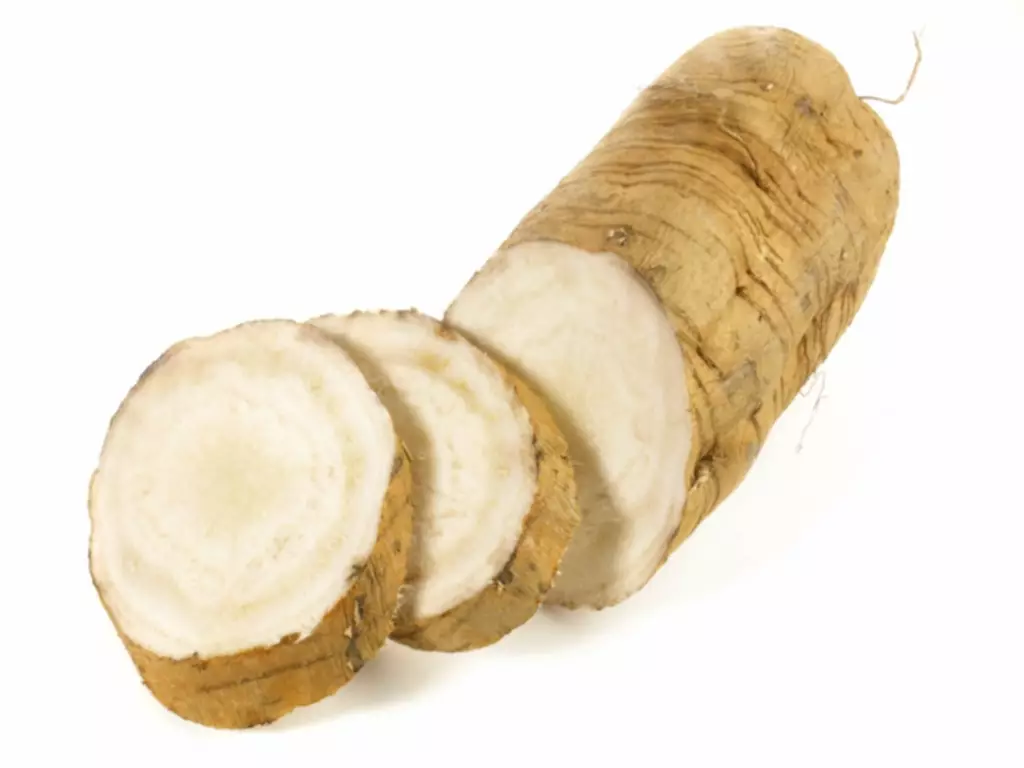Binge Drinking May Be Curbed With a Pill The New York Times
Content
Like other addictive substances, alcohol triggers the the release of a feelgood chemical in the brain called dopamine. However, chronic drinking decreases dopamine release, and people who are addicted to alcohol don’t tend to feel pleasure in drinking it any more. “It seems that they’re drinking more because they feel a need to maintain an intoxicated state,” Grant said. GDNF is known as a growth factor, and in this case, researchers measured enhanced function of neurons in the brain that synthesize dopamine, a feel-good chemical released in the brain. In the case of alcohol use disorder, chronic drinking decreases the release of dopamine. A form of gene therapy currently used to treat Parkinson’s disease may dramatically reduce alcohol use among chronic heavy drinkers, researchers at Oregon Health & Science University and institutions across the country have found.

Most study participants experience profound alterations in perception, emotions, and sense of self, often including experiences which are felt to be of great personal and spiritual significance. For the investigation, the research team recruited men and women who were diagnosed with alcohol dependence based on standard definitions and consumed on average seven drinks on days when they drank. Forty-eight patients received at least 1 dose and up to 3 doses of psilocybin, and 45 patients received the antihistamine placebo. Two doses of psilocybin, a compound found in psychedelic mushrooms, reduces heavy drinking by 83 percent on average among heavy drinkers when combined with psychotherapy, a new study shows. Problem drinking has multiple causes, with genetic, physiological, psychological,and social factors all playing a role.
Stanford School of Medicine
Kudzu extract has shown some promise in helping people avoid binge drinking. Binge drinking is when someone has more than four or five drinks in two hours. If you use this form of naltrexone, a healthcare professional will inject the medication once a month. This is a good option for anyone who has difficulty regularly taking the pill.
Talking with family members may help the doctor understand the situation, but they will need permission to do this. The criteria include having a pattern of consumption that leads can alcoholism be cured to considerable impairment or distress. Some risk factors may also be linked to excessive drinking. Alcohol dependence can take from a few years to several decades to develop.
Overcoming Alcohol Addiction
It’s important to give yourself time to ease back into the swing of things. Attending support groups, such as Alcoholics Anonymous or Al-Anon, that offer encouragement and engagement with others in recovery, group leaders and sponsors can be a positive way to make a lifestyle change and maintain sobriety. While there is no one-size-fits-all alcoholism treatment plan, many rehab facilities follow a general guideline.
A psychiatrist who conducts psychotherapy can prescribe patients medication. Grant and her colleagues wondered whether resetting their dopamine reward pathways might curb their desire to drink alcohol. To do this, they used a harmless virus to deliver the gene for a protein called glial-derived neurotrophic factor (GDNF) to an area of the brain that is implicated in addiction and reward.
Online Therapy
Spending time with people who understand exactly what you’re going through can be very healing. You can also benefit from the shared experiences of the group members and learn what others have done to stay sober. Build a sober social network – If your previous social life revolved around alcohol, you may need to make some new connections.

